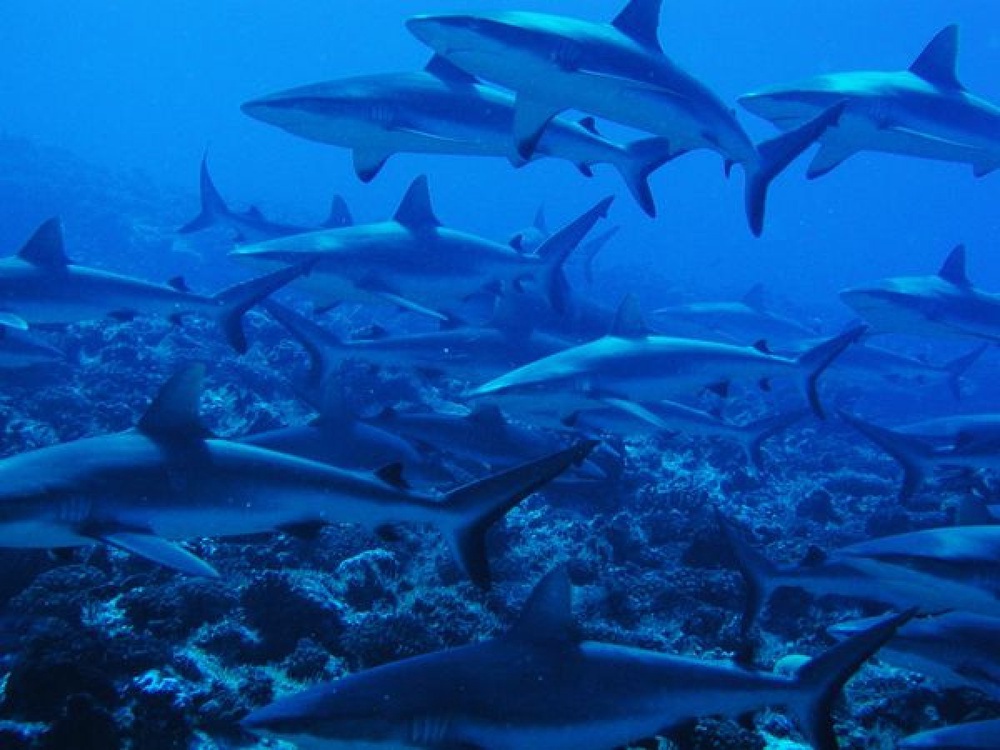
Costa Rica has banned the import of shark fins, closing a legal loophole and targeting a link in a global production chain stretching to Asian markets, where shark fin soup is seen as a delicacy, AFP reports. Environmental groups have long campaigned against shark finning, in which the fins are chopped off living sharks that are then dumped back into the water and left to die. Shark finning "is a practice that Costa Rica does not accept and we want to send a clear signal about our opposition to these types of activities," President Laura Chinchilla said Wednesday at a coastal national park. Costa Rica has long banned the practice, but the latest move closes a loophole that had allowed for the import of shark fins, which were brought in from neighboring Nicaragua before being shipped on to Asia. About 73 million sharks are killed every year, with Hong Kong importing about 10,000 tonnes annually for the past decade, according to the World Wildlife Fund. Most of that is re-exported to mainland China. The number of threatened species has soared from 15 in 1996 to more than 180 in 2010, mainly due to the growing Chinese demand for fins. Shark fin soup is viewed by many Asians as a rare delicacy and is traditionally served at wedding parties and business banquets in Hong Kong, which handles around 50 percent of the global fin trade.





Costa Rica has banned the import of shark fins, closing a legal loophole and targeting a link in a global production chain stretching to Asian markets, where shark fin soup is seen as a delicacy, AFP reports.
Environmental groups have long campaigned against shark finning, in which the fins are chopped off living sharks that are then dumped back into the water and left to die.
Shark finning "is a practice that Costa Rica does not accept and we want to send a clear signal about our opposition to these types of activities," President Laura Chinchilla said Wednesday at a coastal national park.
Costa Rica has long banned the practice, but the latest move closes a loophole that had allowed for the import of shark fins, which were brought in from neighboring Nicaragua before being shipped on to Asia.
About 73 million sharks are killed every year, with Hong Kong importing about 10,000 tonnes annually for the past decade, according to the World Wildlife Fund. Most of that is re-exported to mainland China.
The number of threatened species has soared from 15 in 1996 to more than 180 in 2010, mainly due to the growing Chinese demand for fins.
Shark fin soup is viewed by many Asians as a rare delicacy and is traditionally served at wedding parties and business banquets in Hong Kong, which handles around 50 percent of the global fin trade.


 +7 (777) 001 44 99
+7 (777) 001 44 99















































